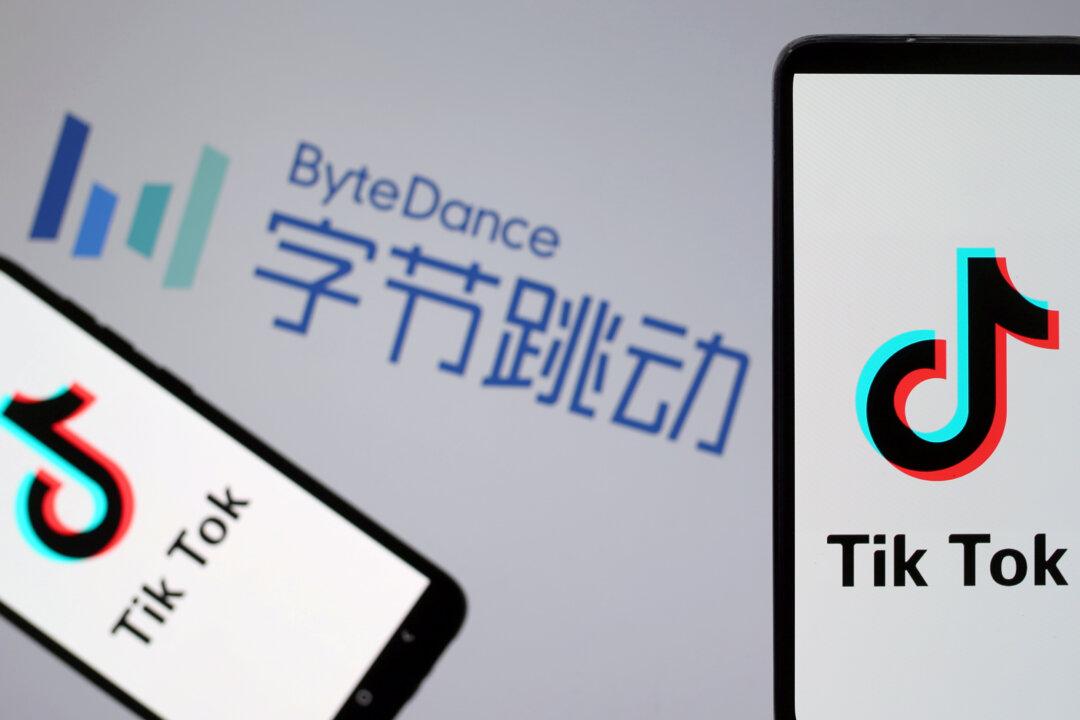TikTok said on Thursday that it will set up its first European data center in Ireland. The announcement comes amid increasing scrutiny over the video app’s privacy and security risks.
U.S. President Donald Trump, citing national security concerns, on July 31 gave TikTok’s owner, Beijing-based internet giant Bytedance Technology Co., an ultimatum: either sell TikTok’s U.S. operations to Microsoft or any other U.S. company by Sept. 15, or get banned in the United States.





